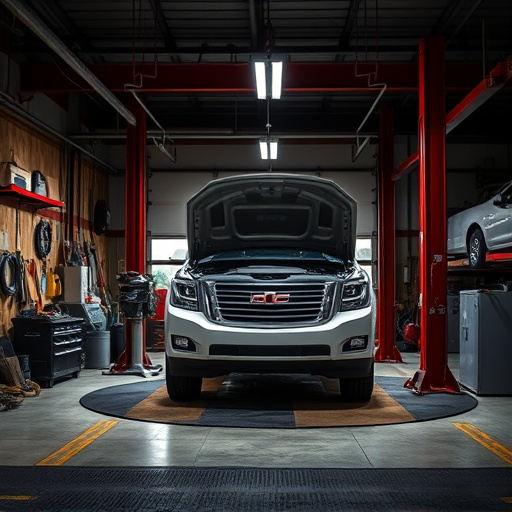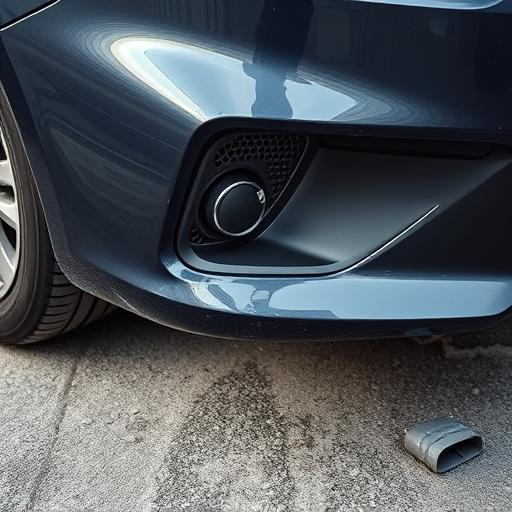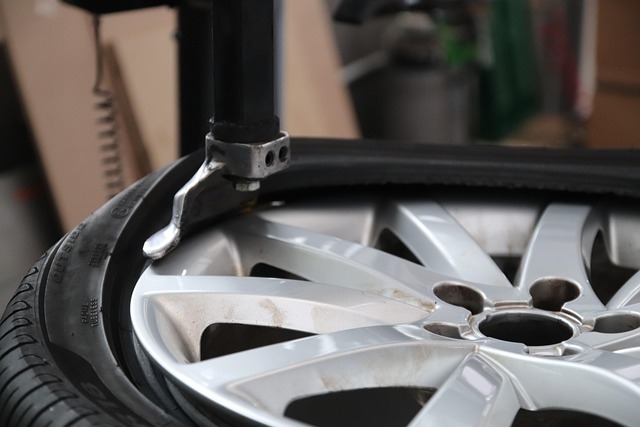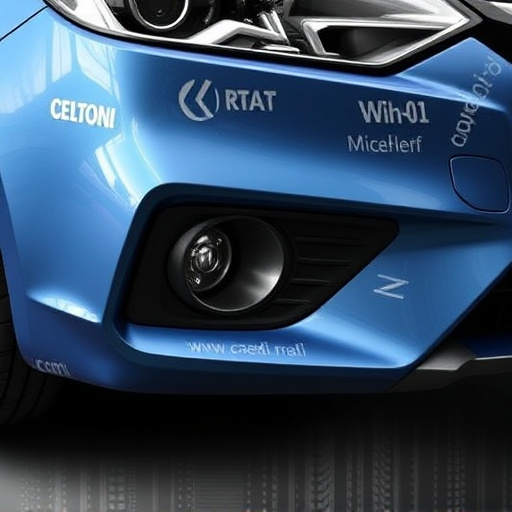By 2025, dent repair technologies will be transformed by material science advancements, offering stronger, flexible, and durable materials for paintless dent repair (PDR). Smart materials and AI integration will enable proactive damage detection, precision diagnostics, and automated repairs, enhancing efficiency, reducing costs, and minimizing environmental impact. Mobile and remote dent repair services will gain popularity through app-based booking, precise imaging, and portable kits, providing customers with convenient, on-demand body shop services.
As we look ahead to 2025, the landscape of dent repair technologies is poised for significant evolution. Advancements in material science are driving innovative solutions that promise superior restoration outcomes. Automation and AI integration in dental labs will streamline processes, enhancing precision and efficiency. The rise of mobile and remote dent repair services expands accessibility, making quality care more convenient than ever. These developments signal a future where dent repair technologies not only meet but exceed traditional standards.
- Advancements in Material Science for Dent Repair
- Automation and AI Integration in Dental Labs
- The Rise of Mobile and Remote Dent Repair Services
Advancements in Material Science for Dent Repair
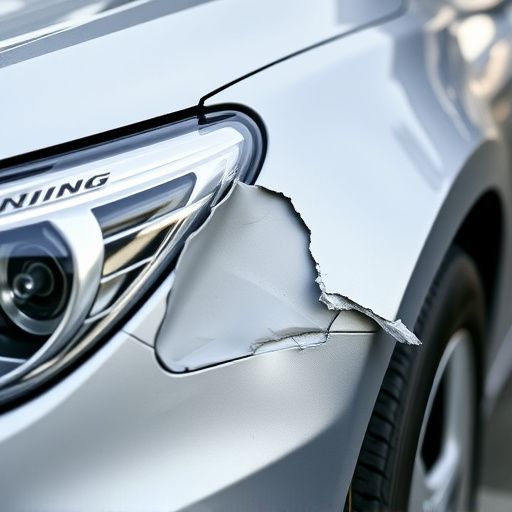
The future of dent repair technologies in 2025 is set to be shaped by significant advancements in material science. Researchers are continuously developing innovative materials that offer superior strength, flexibility, and durability compared to traditional dent repair methods. These new materials can significantly enhance the efficiency and effectiveness of paintless dent repair (PDR) techniques, which have already gained popularity for their non-invasive nature and ability to preserve vehicle finishes. By combining cutting-edge materials with advanced repair methodologies, technicians can restore vehicles to near-perfect conditions, minimizing the need for extensive repainting or costly body work.
Furthermore, the integration of smart materials and technology will play a pivotal role in enhancing dent repair services. Sensors embedded within repairs can detect and monitor damage, enabling proactive maintenance. This shift towards predictive vehicle repair services will not only extend the lifespan of vehicles but also reduce the environmental impact associated with the disposal and manufacturing of new parts. As material science continues to evolve, dent repair technologies are poised to become more precise, efficient, and eco-friendly in the coming years.
Automation and AI Integration in Dental Labs
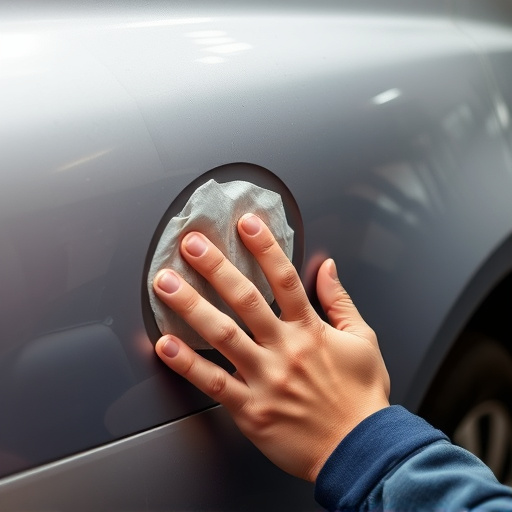
The year 2025 is poised to bring significant advancements in dent repair technologies, with automation and AI integration taking center stage in dental labs worldwide. This transformative shift promises to streamline processes and enhance precision in a sector that has traditionally relied on manual labor. By implementing automated systems, labs can achieve faster turnaround times while maintaining high-quality standards; robots can perform repetitive tasks such as material application or polishing, allowing technicians to focus on more complex repairs and strategic planning.
Artificial Intelligence (AI) will play a pivotal role in this automation process, offering advanced diagnostic capabilities. AI algorithms can analyze complex dent repair scenarios with remarkable accuracy, identifying damage patterns and suggesting the most effective restoration methods. This technology could revolutionize how dental labs operate, mirroring advancements seen in collision repair shops and body shop services where AI is increasingly utilized for efficient and accurate repairs. With these innovations, the future of dent repair technologies looks promising, paving the way for faster, more precise, and cost-effective solutions.
The Rise of Mobile and Remote Dent Repair Services
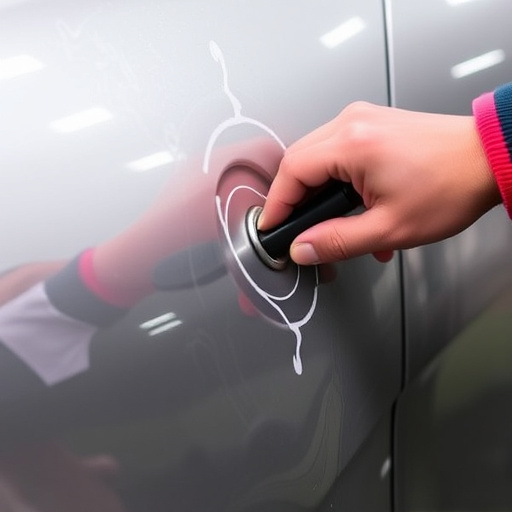
The future of dent repair technologies is shaping up to be a mobile and remote revolution. With advancements in technology, what was once a labor-intensive process confined to traditional body shop services is now evolving into convenient, on-demand solutions for both drivers and automotive collision repair professionals. Customers no longer need to physically bring their vehicles to a workshop; instead, they can have dent repairs done right at their location, be it home or office.
This shift is driven by the demand for efficiency, cost savings, and reduced downtime. Remote dent repair services are leveraging innovative tools and techniques, such as mobile app-based booking systems, advanced imaging technology for precise damage assessment, and portable repair kits capable of handling a variety of dents. As these technologies mature in 2025, we can expect to see even more seamless integration of body shop services into our daily lives, streamlining the vehicle repair process and enhancing overall customer satisfaction.
As we look ahead to 2025, the future of dent repair technologies appears poised for significant advancements. Material science breakthroughs promise more durable and aesthetically pleasing repairs, while automation and AI integration will streamline processes in dental labs, enabling faster turnarounds and enhanced precision. The rise of mobile and remote dent repair services further disrupts the industry, making quality dental care more accessible and convenient than ever before. These developments collectively point to a future where dent repair is not just efficient but also innovative and customer-centric.
